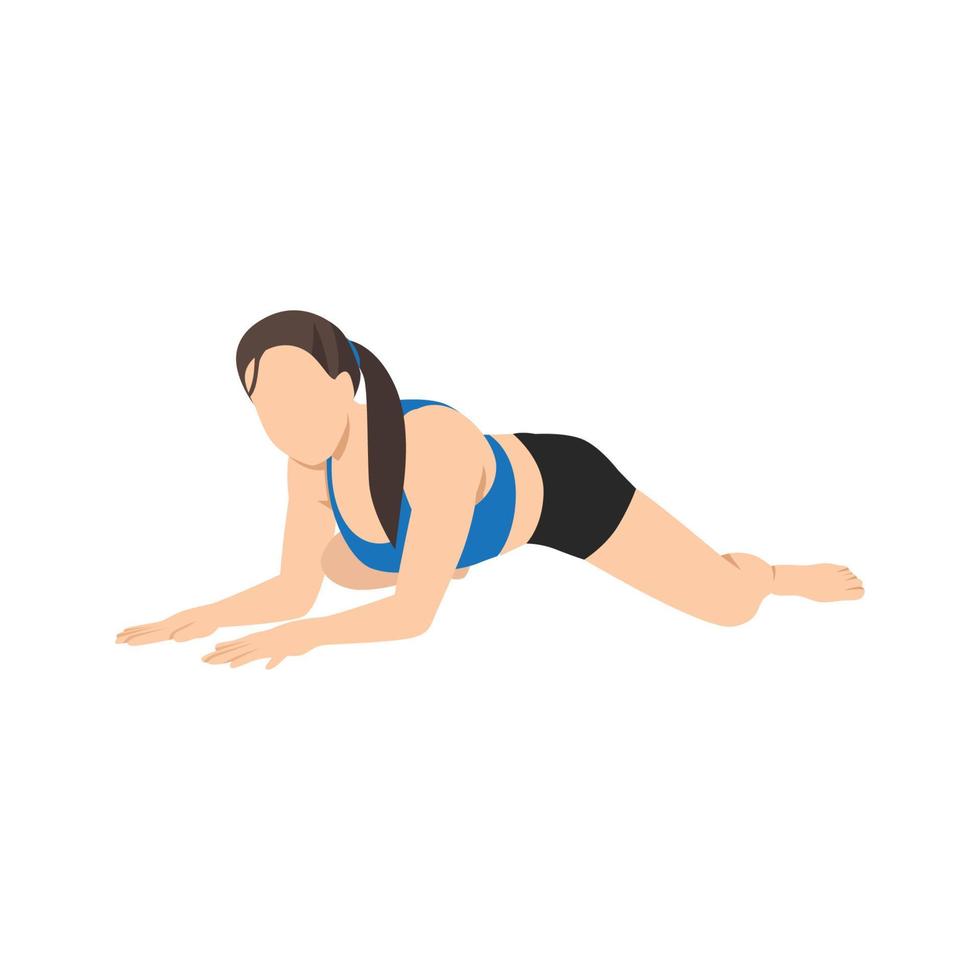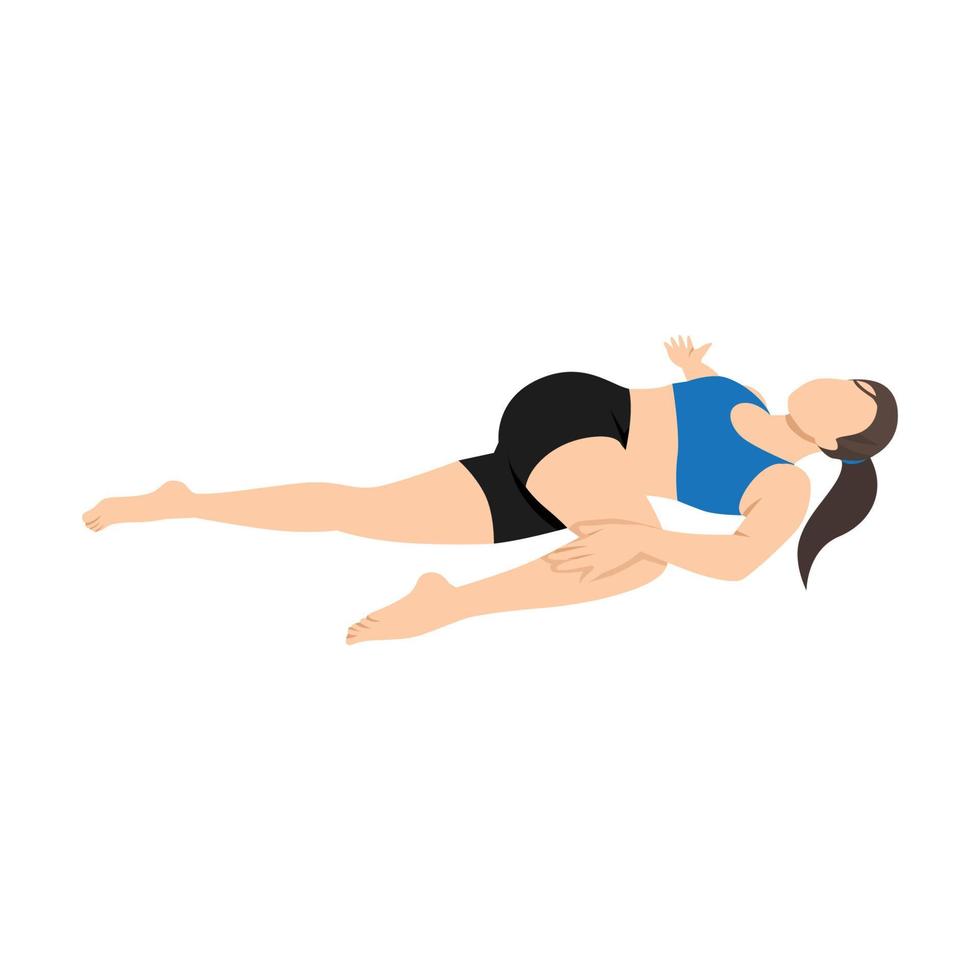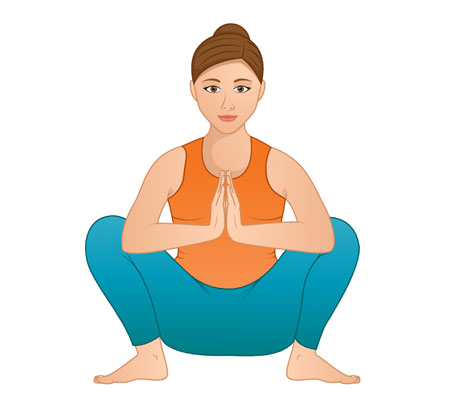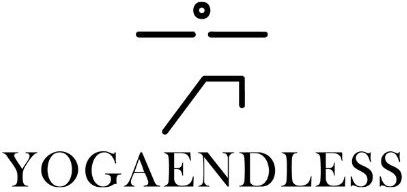Flexibility and mobility are vital for overall health, posture, athletic performance, and daily activities. Yoga provides the most effective method to improve both through mindful movement, deep stretches, and controlled breathing. In this guide, we will dive deep into the anatomy, routines, poses, and tips to unlock your body's full potential.
Understanding Flexibility vs. Mobility
Flexibility is the capacity of your muscles to lengthen allowing a wider range of motion, while mobility refers to the ability of joints to move actively through their range, combining strength, stability, and control. Both are crucial for preventing injuries, improving athletic performance, and promoting long-term wellness.
Benefits of Yoga for Flexibility & Mobility
Practicing yoga enhances:
- Muscle elasticity, tendon health, and joint range of motion.
- Posture correction and core stability.
- Mental focus, stress reduction, and better sleep quality.
- Functional strength for everyday activities and sports performance.
- Reduced risk of chronic pain from tight hips and lower back tension.
Common Obstacles & How Yoga Helps
Sitting for prolonged periods, tight hip flexors, and sedentary habits limit mobility. Yoga releases tension through hip openers, flowing sequences, and gradual flexibility training. Over time, muscles relax, joints gain strength, and overall range of motion improves.
Step-by-Step Yoga Flow Routines
Warm-Up: Cat-Cow, Shoulder Rolls, Gentle Spinal Twists.
Flow 1: Downward Dog → Low Lunge → Pigeon Pose → Lizard Pose → Warrior II → Side Angle Pose.
Flow 2: Butterfly Pose → Garland Pose → Frog Pose → Happy Baby → Supine Spinal Twist.
Breathing is key: inhale while lengthening, exhale while deepening stretches. Repeat flows daily for optimal flexibility and hip mobility.
Pose Library with Detailed Instructions






Breathing Techniques (Pranayama) for Flexibility
Deep breathing relaxes muscles and improves joint mobility. Techniques include:
- Dirga (3-part breath): Full inhalation from belly to chest.
- Ujjayi: Slight constriction in throat, smooth flow during movements.
- Box Breathing: 4 seconds inhale, 4 hold, 4 exhale, 4 hold for relaxation.
Progress Tracking & Motivation
Track your flexibility and mobility improvements weekly. Include range of motion scores, photos, and notes about tight areas. Celebrate milestones and stay consistent for long-term benefits.
Lifestyle Integration
Micro-movements at your desk, sleeping positions that support hip alignment, warm showers, walking, and active breaks complement yoga practice and accelerate mobility gains.
FAQs
How often should I practice yoga for flexibility?
3–5 times per week is ideal. Consistency is key over intensity.
Can yoga help with sports performance?
Yes! Improved hip mobility and flexibility enhance running stride, recovery, and injury prevention.
What if my hips are very tight?
Start with props, shorter sessions, and gentle poses. Gradual improvement is normal.
Conclusion & Video
Yoga is a lifelong practice to improve mobility, flexibility, and strength. Start gently, be consistent, and progress gradually. Watch a full guided flow video below to begin:
